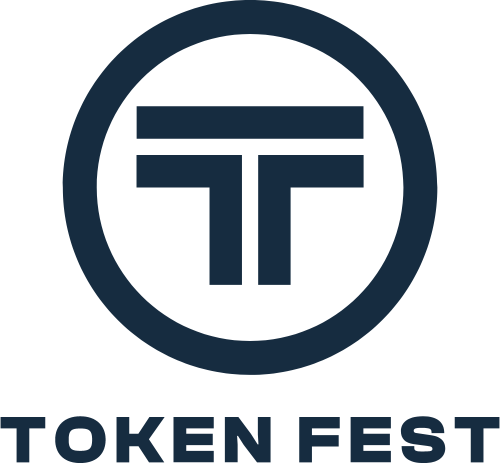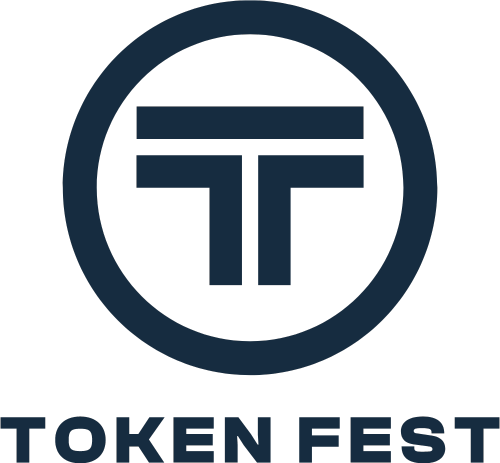Key Takeaways:
- Analysts predict that $BDAG might hit $0.15–$0.35 by 2027 based on network traction.
- BlockDAG posits itself as a scalable layer-1 alternative to Ethereum and Solana using Directed Acyclic Graph (DAG) tech.
- Cross-chain functionality and developer adoption will drive growth.
- The upcoming Centralized Exchange (CEX) listings along with the presale momentum add to $BDAG’s upside potential.
- Execution of ecosystem and market cycles will determine the 2027 prediction.
BlockDAG price prediction 2027: Why This Year Matters
Although 2025 might be the speculative breakout year, it’s likely that 2027 will fully evaluate if BlockDAG is a top-tier protocol or just another Layer-1 experiment.
The protocol should have:
- A fully functioning mainnet
- Active staking modules
- Multiple operational dApps within its network
- Many exchange listings and ample liquidity
As per CoinFocus Research, were these objectives met, BlockDAG may attain a value which competes with Avalanche and Fantom.
“2027 is the proving ground for BDAG. If it’s solving real problems at scale by then, $0.35 is conservative.”
Felix R., Crypto Quant Trader
BDAG’s 2027 Price Forecast Range
| Scenario | Price Range | Assumptions |
|---|---|---|
| Base Case | $0.15 | Steady dev growth, modest DeFi ecosystem |
| Bullish Case | $0.25–$0.35 | High adoption, low fees, mainnet stability, strong tokenomics |
| Bearish Case | <$0.10 | Delays in tech delivery, weak on-chain usage, token inflation |
These forecasts stem from the scarcity of tokens, targeted market capitalization, and network effects.
What Will Drive BDAG Growth Through 2027?
1. DAG-Based Scalability
These forecasts are grounded on the assumption that BlockDAG’s parallel block production allows for a staggering 10,000+ TPS, a functionality that both developers and gamers desire. This surpasses its efficiency compared to linear chains like Ethereum. Market cap targets and network effects centered around token scarcity also play an important role.
2. Developer Ecosystem
With its EVM compatibility, it can soak up Ethereum’s dApp demand seamlessly. If gas fees spike elsewhere, BDAG might take on that excess capacity.
3. Interoperability
The upcoming cross-chain toolkits from BDAG may unlock new opportunities for bridges connecting Polkadot, Cosmos, and Bitcoin Layer-2, increasing multifunctional uses.
Infographic: BDAG vs. Competing Layer-1s (2027 Forecast)
| Protocol | TPS | EVM Compatible | Price Target (2027) |
|---|---|---|---|
| Ethereum | 15–30 | ✅ | $3,500+ |
| Solana | 65,000* | ❌ | $90–$130 |
| Avalanche | 4,500* | ✅ | $60–$90 |
| BlockDAG | 10,000+ | ✅ | $0.15–$0.35 |
*Claimed throughput under ideal conditions
Final Thoughts: Is $BDAG a Long-Term Hold?
In the long-term period, only the best-performing protocols will be around after the 2027 hype cycles and market resets. BlockDAG’s immense support from the community, along with its unique architecture and high throughput, makes it capable of emerging as a major player in the field.
If the development team follows the roadmap and creates a usable ecosystem, then $BDAG’s value at $0.25–$0.35 by 2027 would not just be wishful thinking—but a reality backed by data.
Disclaimer: This article is for informational purposes only and does not constitute financial advice. Always conduct your own research before making any investment decisions.

Filip is a copywriter for startups and B2B SaaS. He’s also been working as a marketer for a variety of crypto projects since 2020.





